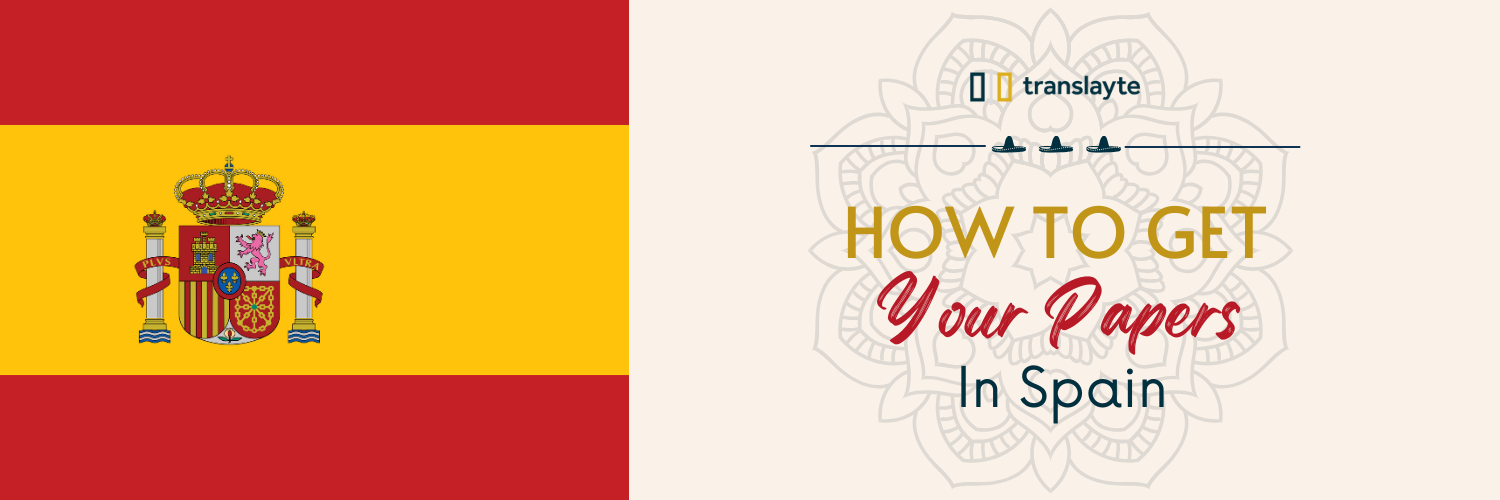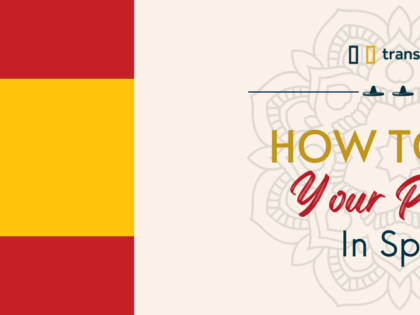How To Obtain Your Papers In Spain – 2

Nestled on the Iberian Peninsula in southwestern Europe, Spain captivates the hearts of many with its rich history, beautiful landscapes, and vibrant culture. From the sun-drenched beaches of the Costa del Sol to the snow-capped peaks of the Pyrenees, it is the ideal destination for foreigners seeking to start a new life abroad. Each year, the country rakes in tens and even hundreds of thousands of immigrants, drawn by its diverse opportunities and high quality of life. Considering moving to Spain? Let’s look at how to get the necessary papers for a hassle-free life in the country.
What Does it Mean to get Your Papers in Spain?
In Spain, getting your papers simply means the process by which a foreign national obtains the necessary documents, permits, and legal authorizations required for them to live, work, study, or conduct specific activities within the country. These papers are essential for legal residency and compliance with Spanish regulations.
Understanding the Types of Papers in Spain
- Residency Permits: If you are planning to reside in Spain for an extended period, you typically need to obtain a residency permit. This permit allows you to live in the country legally for a specified duration and gives you some rights while you are there. They are often required for activities such as work, study, or retirement.
- Work Permits: Foreign nationals who intend to work in Spain need to secure a work permit. This document authorises you to seek employment within the country and is usually obtained in conjunction with a job offer.
- NIE (Número de Identificación de Extranjero): The NIE is a unique identification number assigned to foreign nationals in Spain. It is an important document for various transactions, including opening bank accounts, signing leases, and engaging in financial activities.
- Student Visas and Permits: If you are a student planning to pursue academic programs in Spain, you need to obtain student visas and study permit. These documents allow you to enrol in educational institutions and comply with the study regulations of the country.
- Social Security Registration and Health Insurance: Legal residents in Spain are eligible for the country’s healthcare system. Registering for Social Security is essential for accessing healthcare services, unemployment benefits, and other social services.
How to get A Residence Permit in Spain for Non-EU Residents
After getting the appropriate visa and you arrive in Spain. You can now apply for a temporary resident permit. Two types of residence permits can be obtained in Spain. They are:
Temporary Residence Permit
A temporary residence permit authorises foreigners to live and work in Spain for more than 90 days and less than five years. It is issued to people entering with the following visa:
- Non-lucrative visa.
- Golden visa
- Work visa
- Student visa
- Freelance visa
- Entrepreneur visa
- Digital nomad visa
You are allowed to work and live legally in Spain for 1 or 2 years with a temporary residence permit and you can keep renewing this permit as long as you still meet the requirements. After 5 years of living and working in Spain with a temporary residency permit, you will become eligible for permanent residency.
How to Apply for a Temporary Residence Permit in Spain
1. Gather the necessary paperwork: The first step is to do some research on the documents you will need for your application. Here’s a list of the documents you will need to submit:
- A valid international passport with photocopies.
- A completed EX-17 application form.
- Three passport-sized photographs.
- Proof of your Spanish address.
- Proof of your school enrollment (if applicable).
- Proof of financial stability (if you do not intend to work).
- Health insurance documents.
- Proof of payment of the application fee of €15.76.
2. Apply for your Foreign Identity Card (TIE): You have to visit either the Immigration office in your area or the local police station or go online to the Mercurio Initiales Immigration website and apply for a TIE Card within 30 days of arriving in Spain. Confirm from the Spanish embassy where you applied for your visa on where the best location for you to apply for the TIE card will be.
3. Wait for Your TIE Card: After you have applied for your TIE, you will receive a copy of your application immediately. Keep this safe for when you need to collect your card. Your application will be processed and your card will be ready in three months.


